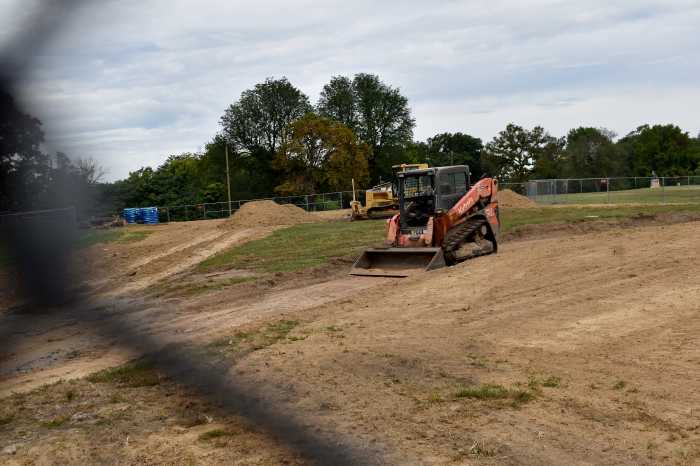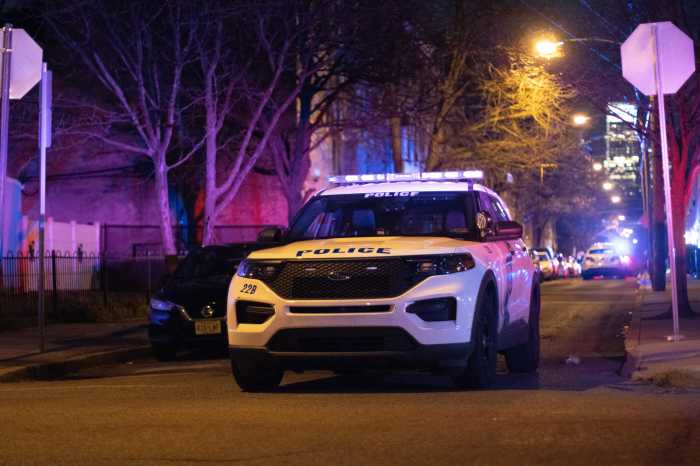The Philadelphia Department of Public Health and Birth Justice Philly have released a new report, ‘Severe Maternal Morbidity in Philadelphia, 2016-2022,’ that provides new insights into maternal health outcomes in the city, focusing on critical complications related to birth.
Severe Maternal Morbidity (SMM) refers to unforeseen complications during labor and delivery that lead to serious short- and long-term health impacts. This newly released report highlights trends in delivery hospitalizations involving SMM in Philadelphia from 2016 to 2022, based on data from the Pennsylvania Health Care Cost Containment Council (PHC4). It serves as an update to the earlier report, ‘Severe Maternal Morbidity in Philadelphia, 2011-2014.’
According to the newest report, between 2016 and 2022, there were 1,247 cases of severe maternal morbidity identified in Philadelphia, which is an average of 178 cases per year. People under the age of 20 or over the age of 35 had higher rates of severe maternal morbidity compared to those in their 20s and early 30s. And non-Hispanic Black birthing people had a higher rate of severe maternal morbidity compared to other racial and ethnic groups.
“Investigating severe maternal morbidity events in Philadelphia significantly enhances our understanding of maternal health challenges,” said Aasta D. Mehta, MD, MPP, Director of the Division of Maternal, Child, and Family Health at the Philadelphia Department of Public Health. “And it provides critical insights into preventing these complications in the future.”
Since 2018, Philadelphia has experienced an upward trend in cases of severe maternal morbidity, which is consistent with national data, according to Health Department officials. The reasons for the rising rates are not fully understood, but it is likely that increases in preexisting conditions like hypertension, diabetes, and obesity, as well as higher average maternal age, all play a role.
Local resources
The Health Department’s Division of Maternal, Child, and Family Health has several initiatives that address the upstream causes of maternal morbidity and mortality.
The Philly Joy Bank pilot provides 250 pregnant Philadelphians with $1,000 per month from the second trimester of pregnancy through one year after birth. Families will also be offered voluntary assistance including financial counseling, home visits, doula help, and lactation support.
The Health Department recently launched a campaign on early warning signs of post-birth complications, which encourages women to call their doctor or seek urgent care if they experience pain in their chest, shortness of breath, seizures or have any thoughts of hurting themselves or others.
In addition, women should call their doctor immediately if they have any bleeding (soaking through more than one pad in an hour); an incision that is not healing; red or swollen leg, that is painful or warm to touch; temperature of 100.4°F fever or higher; or have a headache that does not get better, even after taking medicine, or a bad headache with vision changes.
Data-driven efforts
Birth Justice Philly launched the nation’s first active severe maternal morbidity surveillance program, which collected real-time data from Philadelphia Labor and Delivery hospitals. The program plays a critical role in identifying and understanding SMM trends within Philadelphia’s hospitals.
For more information about citywide data collection and surveillance efforts in severe maternal morbidity and maternal mortality, visit BirthJusticePhilly.com.





























